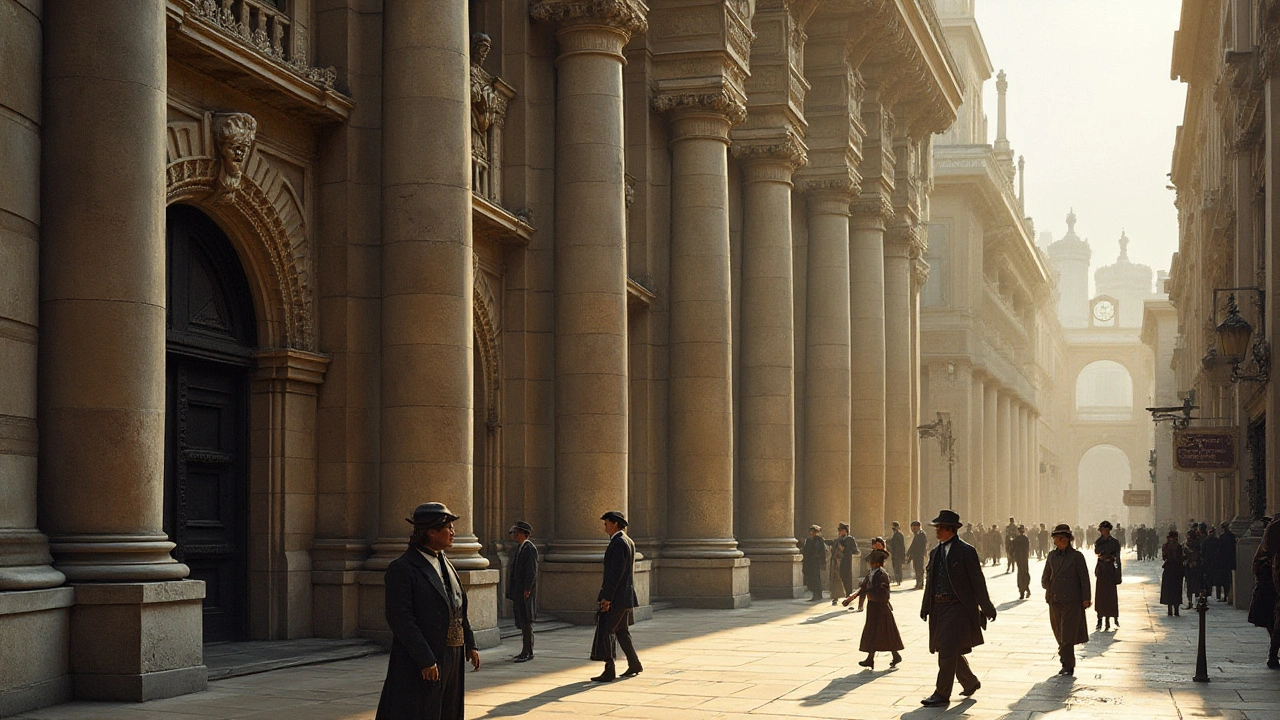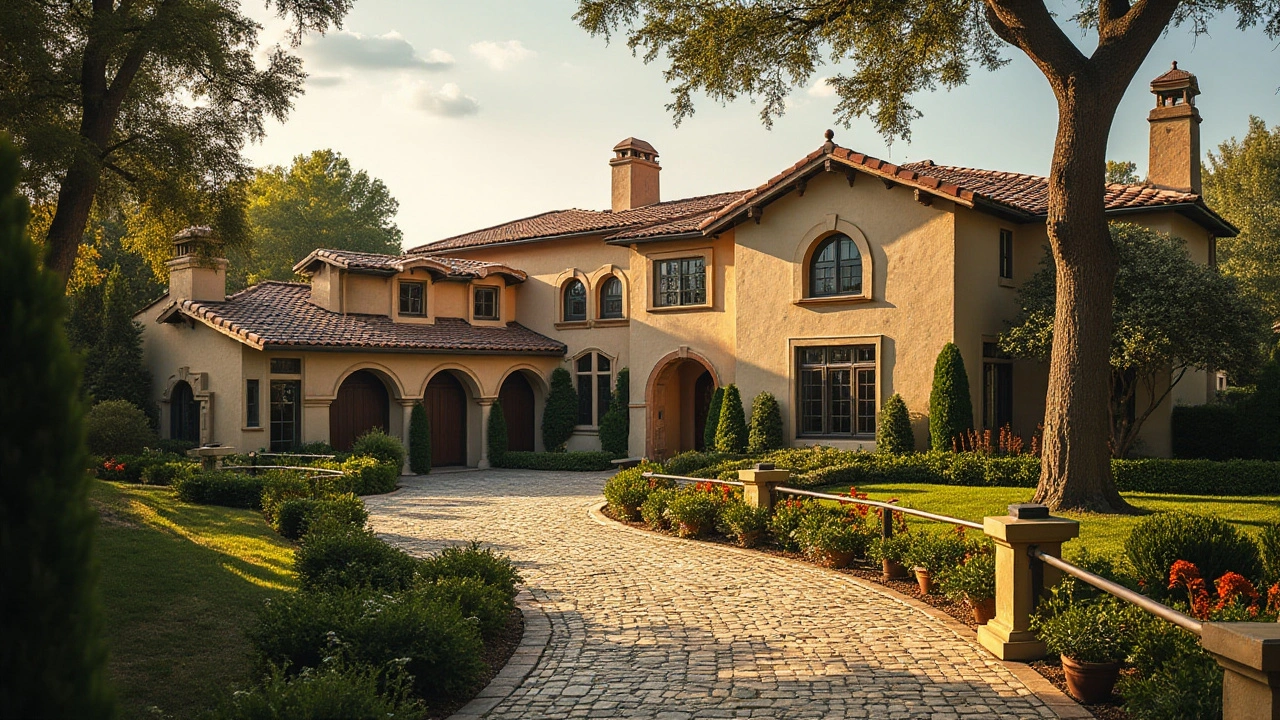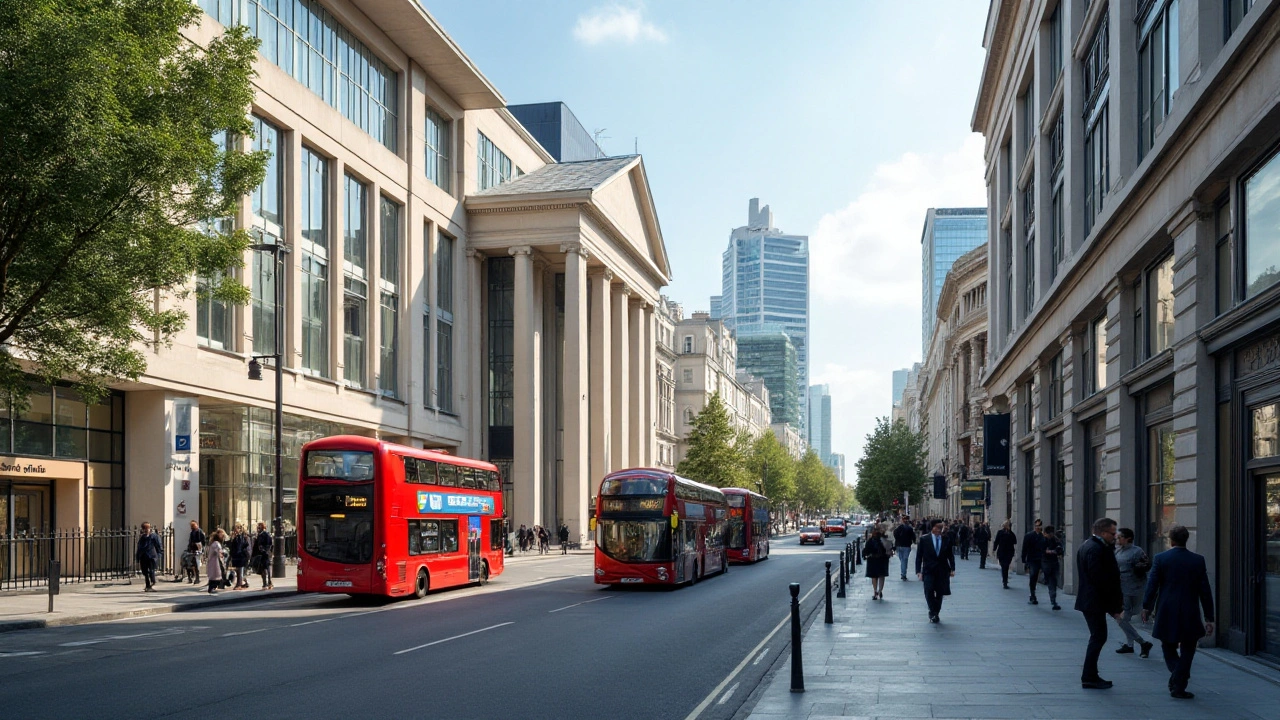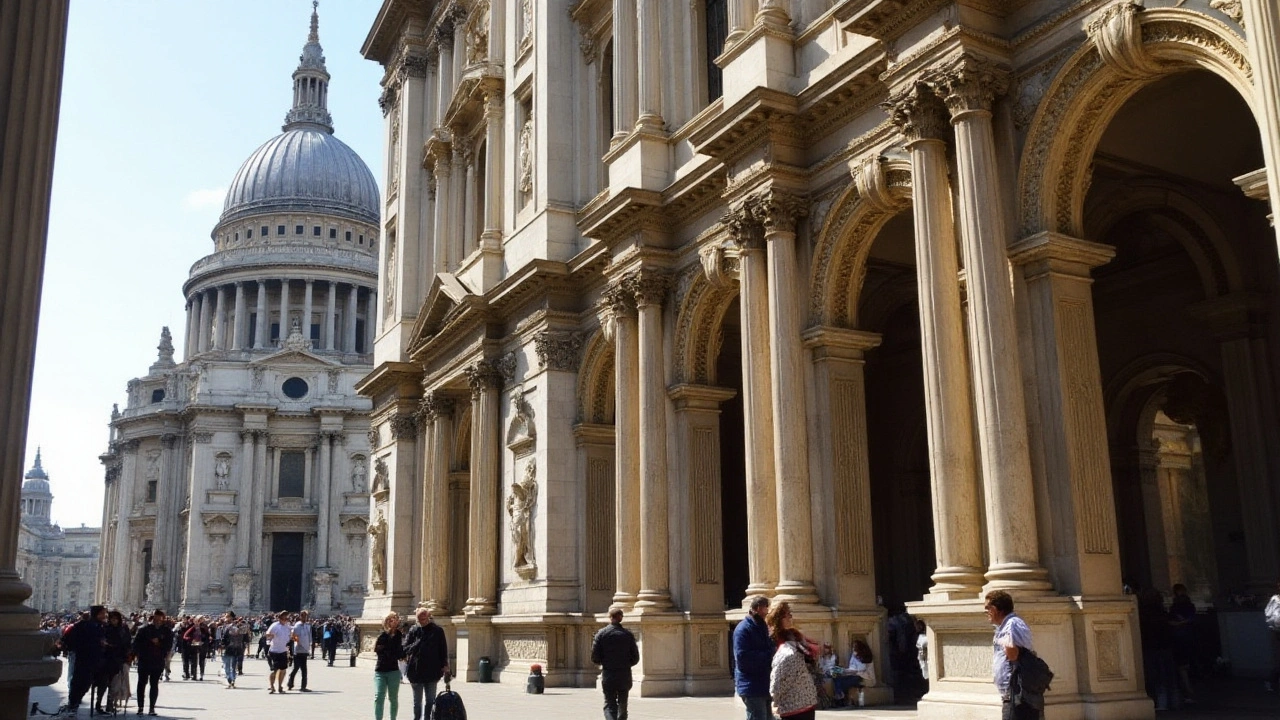Category: Architecture - Page 2
Colonial Architecture's Role in Shaping Iconic Historical Cities
Colonial architecture stands as a testament to the influence of European design on the cities of the world, leaving a legacy that persists in the urban landscape. These structures not only reflect the cultural exchanges of the past but also shape the character and identity of the cities they inhabit. From the bustling streets of Mumbai to the serene avenues of Charleston, colonial architecture highlights a unique blend of tradition and modernity. Understanding its characteristics, significance, and preservation challenges can enrich our appreciation of these historical marvels.
Read more
Exploring the Beauty of Romanesque Architecture: A Journey Through Time
Romanesque architecture emerged as a defining style in medieval Europe, characterized by its massive stone structures, rounded arches, and sturdy pillars. This architectural style, flourishing between the 9th and 12th centuries, set the foundation for the later Gothic architecture. By examining key features such as barrel vaults and decorative arcading, this article unravels the cultural and historical significance of Romanesque design. It also offers insights into exemplary structures that illustrate the architectural ingenuity of the era.
Read more
Exploring the Hidden Gems of Beaux-Arts Architecture
Beaux-Arts architecture, known for its grandeur and classical elegance, hides a world of artistic intricacies often overshadowed by its monumental scale. Originating in France, this architectural style marries historical references with technical precision, creating buildings that are both imposing and detailed. This article delves into the lesser-known aspects of Beaux-Arts, uncovering its cultural influences and the craftsmanship behind its iconic structures. Readers will gain an understanding of how these buildings reflect the societal values of their time, while appreciating the masterful skills that shaped them.
Read more
Mediterranean Revival Architecture: Impact on Contemporary Design Trends
Mediterranean Revival Architecture continues to be celebrated for its timeless elegance and charm, impacting the way modern structures are designed today. This style is characterized by its stucco walls, red-tiled roofs, and graceful arches, echoing the coastal homes of Spain, Italy, and Greece. It gracefully blends old-world charm with modern sensibilities, offering a warm, inviting, and stylish aesthetic in modern homes and buildings. Understanding its elements can inspire designers to incorporate Mediterranean elements into their projects creatively.
Read more
Revolutionizing Design: The Rise of High-Tech Architecture
High-tech architecture represents a transformative period in building design, where technology and structures merge to create innovative solutions for modern environments. This approach focuses on integrating cutting-edge materials and systems to enhance functionality and sustainability. Key principles include transparency, flexibility, and the use of lightweight materials, drastically changing how we perceive and interact with buildings. High-tech architecture not only reshapes our urban landscapes but also addresses environmental challenges by promoting energy efficiency and resilience.
Read more
Exploring Georgian Architecture: A Study in Balanced Design
Georgian architecture, named after the British monarchs of the 18th and early 19th centuries, is celebrated for its emphasis on symmetry and proportions. This style, marked by its classic elegance and restrained decor, incorporates the harmonious use of mathematical ratios that reflect the ideals of the Enlightenment period. Through careful analysis of Georgian architectural elements such as windows, columns, and brickwork, we uncover the timeless appeal that continues to influence modern design today. This article provides an engaging exploration into the characteristics and enduring charm of Georgian architecture.
Read more
Discovering the Free Spirit of Baroque Architecture: A Celebration of Creativity
Baroque architecture stands as a vibrant testament to artistic freedom, showcasing the dynamic interplay between drama, grandeur, and movement. Originating in the early 17th century, it revolutionized European architecture with its bold forms and opulent details. This article explores the unique characteristics and historical context of Baroque architecture, highlighting significant examples and tips for appreciating its intricate designs.
Read more
Why Federal Architecture Still Inspires Modern Designers
Federal architecture, with its balanced proportions and classical elements, continues to influence modern designers. Rooted in the late 18th and early 19th centuries, this style is characterized by its elegance, symmetry, and use of Roman and Greek elements. The enduring appeal of Federal architecture lies in its timeless aesthetic, attention to detail, and its ability to convey a sense of history and stability. In this article, we'll explore the fundamental principles of Federal architecture, its notable characteristics, and its lasting impact on contemporary design.
Read more
The Lasting Influence of Federal Architecture in Modern Design
Federal architecture, originating in the late 18th century, continues to shape modern design with its emphasis on symmetry, balance, and classical details. This article explores how these historic architectural principles remain relevant today and their impact on contemporary buildings.
Read more
Exploring the Wonders of Baroque Architecture: History, Elements, and Legacy
Discover the intriguing world of Baroque architecture, a style known for its grandeur and drama. Learn about its history, key elements, famous examples, and lasting influence. Whether you're an architecture enthusiast or just curious, this article dives deep into what makes Baroque architecture fascinating.
Read more